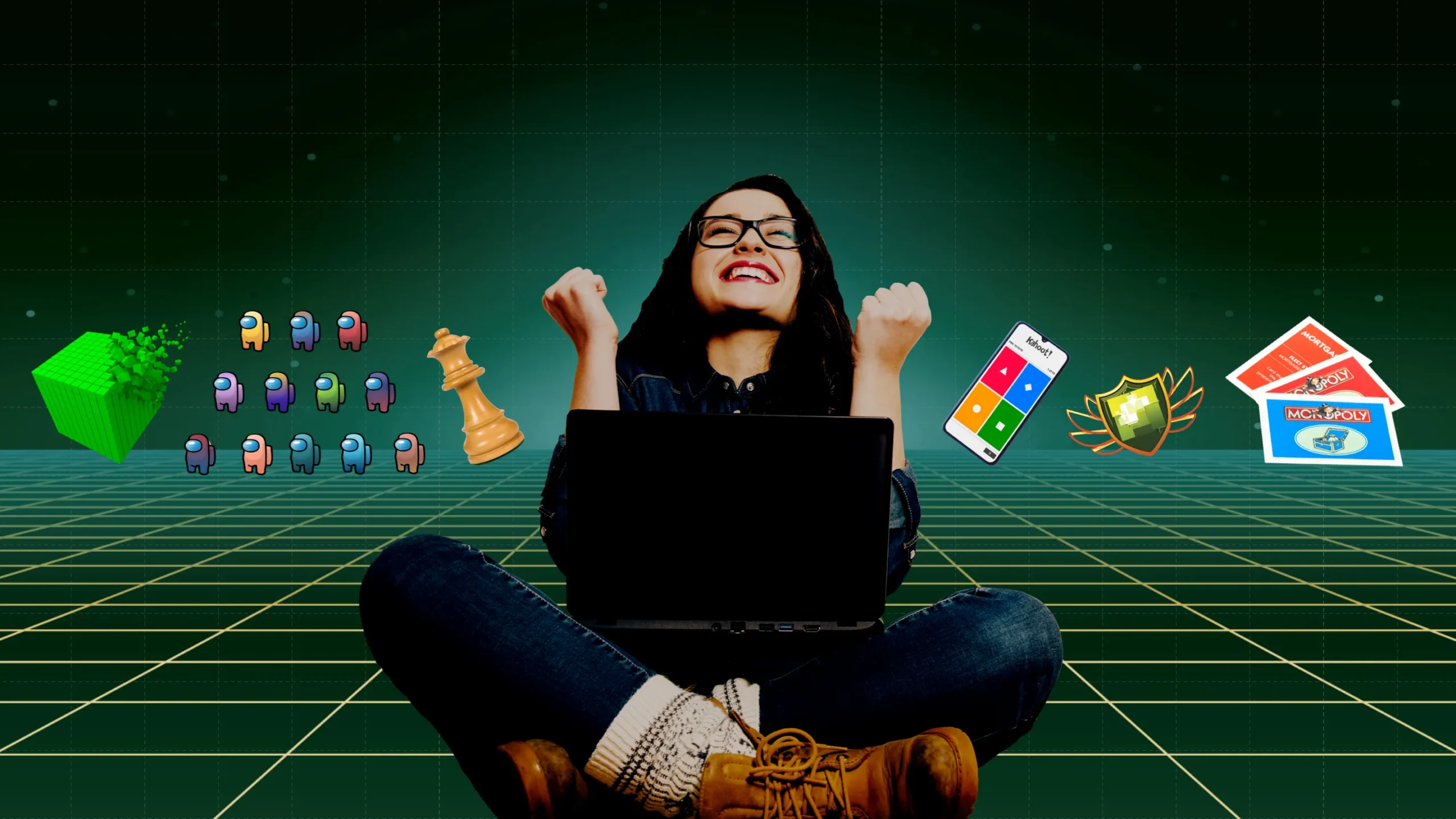What started as a simple form of digital entertainment has grown into one of the most influential industries of the modern era. Online ufa888 has gone from 8-bit arcades to virtual worlds that blur the line between reality and imagination. Today, it’s not just about gaming it’s about connection, creation, and immersive experience.
This article takes you through the fascinating journey of online gaming its technological evolution, societal influence, and its powerful role in shaping the future of digital interaction.
The Early Days: A Digital Revolution Begins
Online gaming began humbly. In the 1980s and 90s, network-based games were limited by hardware and internet speeds. Early titles like MUDs (Multi-User Dungeons) and Netrek planted the seeds of multiplayer interaction.
Then came Quake, StarCraft, and Counter-Strike—games that connected players across the world in real-time competition. These titles sparked a cultural shift, turning gaming from a solitary experience into a global phenomenon.
The Rise of Persistent Online Worlds
The 2000s brought about a revolution with MMORPGs (Massively Multiplayer Online Role-Playing Games). Titles like World of Warcraft, Runescape, and Final Fantasy XIV introduced virtual worlds that existed even when players logged off.
Key innovations during this era:
- Persistent universes where players could trade, explore, and socialize.
- Character progression systems that created personal investment.
- Digital economies that mimicked real-world markets.
These games weren’t just entertainment—they were alternate lives.
Gaming Goes Mainstream: The Explosion of Online Communities
As broadband internet became widespread, online gaming entered every household. Multiplayer became a standard feature, and platforms like Xbox Live and PlayStation Network brought players together across consoles.
With it came:
- Voice chat & party systems.
- Cross-platform play.
- Online leaderboards and achievement systems.
Games like Call of Duty, Fortnite, and League of Legends transformed casual players into competitive communities, and streamers into household names.
Streaming and Spectatorship: Watching Is the New Playing
The rise of platforms like Twitch, YouTube Gaming, and Facebook Gaming turned players into content creators and games into live events.
- Tournaments with millions in prize money—like The International (Dota 2) and the Fortnite World Cup—have made esports one of the fastest-growing sports industries.
- Livestreaming culture allows fans to engage with their favorite gamers, learn strategies, and become part of interactive online tribes.
- Reaction content, playthroughs, and speedruns bring even non-gamers into the scene.
Watching online games is now just as popular as playing them.
Virtual Reality and the Metaverse: The New Frontier
Enter Virtual Reality (VR) and Augmented Reality (AR) the technologies pushing gaming into fully immersive realms.
- VR games like Beat Saber, Half-Life: Alyx, and Rec Room offer physical interaction, 360° environments, and deep sensory immersion.
- AR games like Pokémon GO combine real-world exploration with digital gameplay.
- Metaverse platforms like VRChat, Roblox, and The Sandbox hint at a future where online gaming merges with daily digital life.
Soon, online gaming won’t just be an activity it will be a space we live in.
Education, Training, and Real-World Simulation
Online gaming is finding serious applications outside entertainment:
- Military and pilot training use realistic simulations to train soldiers and aviators.
- Medical professionals practice procedures through gamified AR/VR programs.
- Education platforms use game mechanics to teach history, coding, science, and problem-solving.
The same mechanics that engage gamers—feedback loops, rewards, immersion are revolutionizing how we learn and prepare for real-world challenges.
Online Gaming and Digital Identity
Avatars, usernames, and custom skins aren’t just aesthetic they’re digital extensions of the self.
- Players express creativity and personality through their game personas.
- Virtual fashion is booming, with designer collaborations in games like Fortnite and League of Legends.
- Ownership of digital goods (via blockchain and NFTs) is giving players more control over their online identity and assets.
As we move toward a digital-first world, online gaming is defining how identity is shaped and shared online.
Inclusivity and Diversity: A Game for Everyone
Modern online games are making significant strides in inclusivity:
- Gender-diverse characters and inclusive storylines.
- Adaptive controls and accessibility settings for gamers with disabilities.
- Safe spaces and moderation tools to combat harassment and toxicity.
Developers are designing games that reflect a broader range of human experiences, ensuring more people feel represented and welcome in the digital space.
The Economic Ecosystem: Play and Earn
Online ufabet888 has created a new economic ecosystem, enabling players to earn real money through gameplay:
- Esports tournaments and competitive gaming.
- Streaming revenue, donations, and sponsorships.
- Trading virtual items in games like CS:GO, Dota 2, or even blockchain-integrated games like Axie Infinity.
- User-generated content marketplaces in Roblox, Minecraft, and Dreams.
Players are no longer just consumers they’re creators, influencers, and entrepreneurs.
Challenges Ahead: Balancing Innovation with Responsibility
With rapid growth come real challenges:
- Online toxicity and cyberbullying: Developers must continue improving moderation and community standards.
- Addiction and screen time: Tools like parental controls, timers, and mindful game design help address this.
- Privacy and data protection: As games collect more player data, security is critical.
The future of online gaming depends on ethical innovation and responsible community building.
Conclusion: A Portal to the Future
Online gaming has evolved into something far greater than its early beginnings. It’s a space for play, a medium for storytelling, a training ground for life skills, a digital identity, and a community platform.
As technology advances, the lines between game and reality, avatar and identity, screen and world will continue to blur. Whether you’re logging on to unwind, compete, explore, or connect, online gaming offers more than fun it offers a glimpse into the future of how we live, learn, and interact in a digital age.
The game isn’t just changing. It’s changing us.





